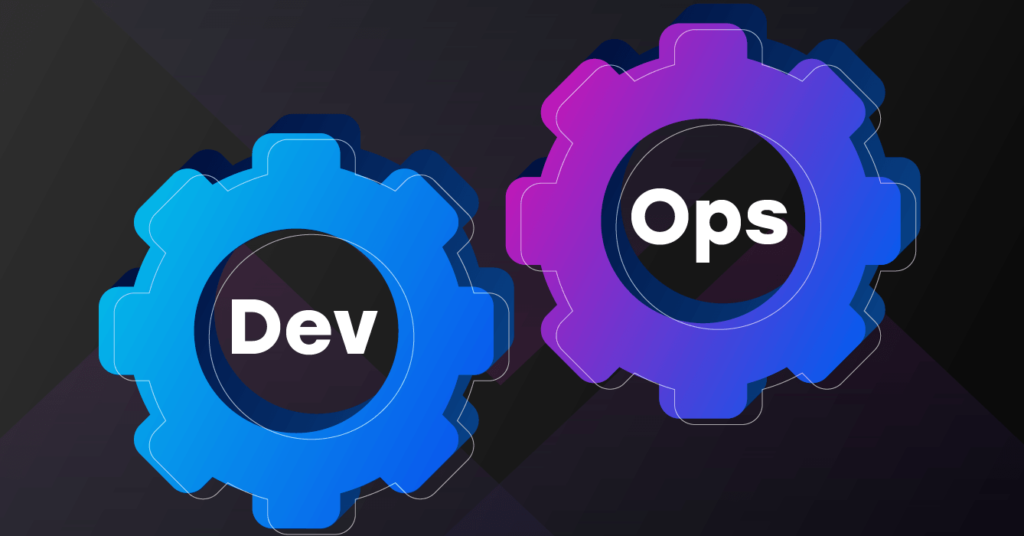DevOps is a special methodology that combines IT specialists and software developers and mutual integration of their processes into each other to ensure quality at all stages of product development. With DevOps, product development and optimization is faster than with traditional software development and infrastructure management processes.
DevOps Engineer is a universal specialist who synchronizes and automates workflows and creates an environment as close as possible to the conditions of the finished product. In the simplest case, DevOps removes the barrier between traditionally isolated development and operation teams. With DevOps, the two groups work together to optimize both developer productivity and operational reliability.
Who needs DevOps methodology?
- Startups and companies that have recently decided to use this methodology want to reduce costs and speed up the process of releasing a quality product;
- companies that do not want to spend a lot of time looking for a competent person to staff and organize a new workplace;
- those who only want to pay for specific services.

DevOps services
- Monitoring and Backup. DevOps-engineers of professional companies can use Zabbix, Graphite, Nagios, etc. as infrastructure monitoring and forecasting of various changes. Before starting any work, our specialists always back up data to minimize losses in unforeseen situations.
- Project release management. On a professional level, they organize the process of release delivery in cooperation with all involved structures of the company and help to set up version management processes. This helps to automate processes and minimize risks as much as possible.
- Continuous Integration & Continuous Delivery. DevOps engineers configure Continuous Integration and Continuous Delivery using Puppet, Chef, Ansible controls based on Jenkins/Hudson. The result is shorter delivery times and better software quality.
- Introduction of third-party software products. A professional team is ready to install ready-made third-party solutions: web servers, application servers, version control systems (VCS), search platforms, file repositories, project management systems, CRM-systems and many others. At the same time, they provide a high level of security and prevent errors in the system.
Advantages of implementing DevOps
- Optimized Dev and Ops teams work together;
- high speed of new features implementation;
- continuous release delivery;
- ability to monitor performance in real time;
- without compromising security.

DevOps tools
DevOps engineers use the following technologies, but they are not limited to them:
- CM: Puppet, Chef, Ansible;
- CI/CD: Jenkins, GitLab CI;
- Virtualization and cloud solutions: Docker, Docker compose, Kubernetes, Rancher, Vmware Esxi, MS Hyper-V, kvm, AWS, S3, MS Azure, Own cloud service;
- Monitoring: Nagios, Munin, Zabbix, Graphite;
- DBMS: MySQL, PostgreSQL, Oracle SQL Server, MSSQL;
- Scripts: Python, Ruby, Perl, shell;
- Search platforms: Elasticsearch;
- Application Servers: Tomcat, MS IIS;
- Web servers: nginx, apache;
- Project management systems: Atlassian products JIRA, Confluence, Bitbacket, Crowd, HipChat.
If you are looking for a universal solution for your own project, devops service providers will help you to customize all processes. With the help of a professional company, it will be easier for you to do everything right and achieve quality results. This will help you to pay more attention to this process and in the end do everything you need to get to the solution you need.





